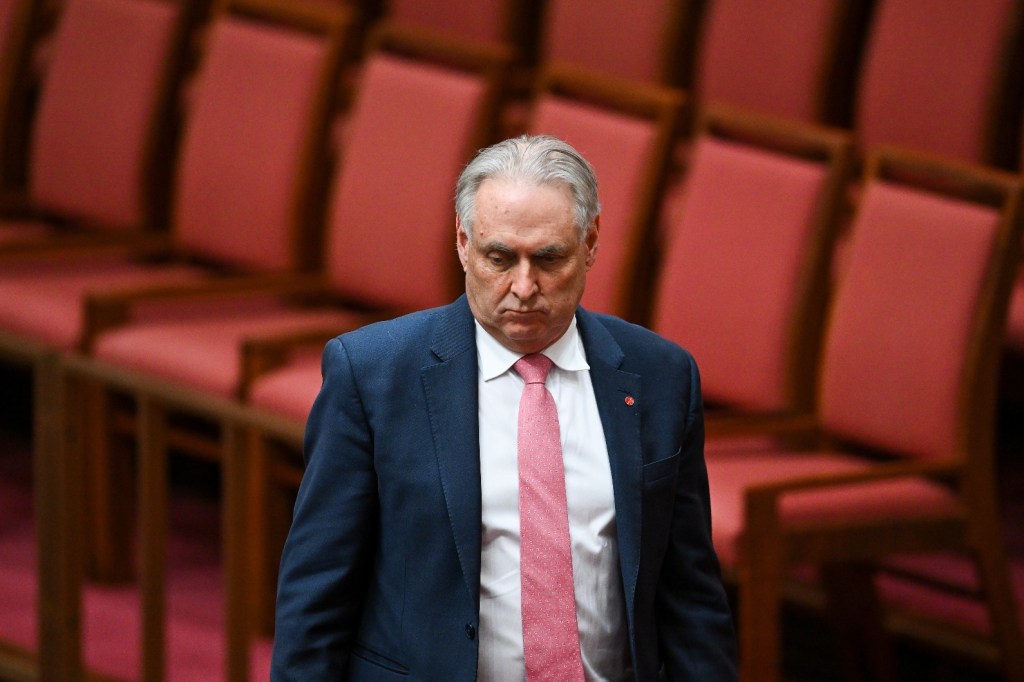
European Union-Australian Free Trade Agreement (FTA) negotiations progressed well until late 2023 and might have resulted in a comprehensive and wide-ranging agreement covering traditional trade areas through to new topics such as digital trade.
But despite proclamations the agreement would be completed in late 2023, negotiations halted abruptly in October 2023 when Australian Trade Minister Don Farrell left a meeting with his EU counterpart. That was very serious thing to do, given the understanding that the two sides shared common values in a context of heightening security concerns.
With European Union (EU) parliamentary elections in June 2024 and Australian elections in mid-2025, this delay could clearly last for some time. However, EU negotiators are keen to return to the table.
So, why this stand-off? Not surprisingly, the final obstacles in reaching an agreement are wider than the issues in themselves. While market access (meat quotas) and geographical indicators were always going to be difficult, the negotiators thought that they were close. The EU has demonstrated great flexibility in dealing with concerns about products such as prosecco and fetta, and both sides can see the benefit of claims of provenance in building market share.
Behind the “termination” of negotiations is a set of domestic issues on both sides and a great deal of historical baggage alongside some political miscalculations.
Some history between the EU and Australia
Australia and the EU have not always been natural trade partners. A history of trade tensions dates back to the early 1970s, when the UK joined the European Economic Community (as the EU was called then) and the EU began its common agricultural policy (CAP), which provided subsidies to EU agricultural exports and barriers to incoming agricultural products. The mood in Australia was disaffection bordering on hostility, and it remained so until the turn of the new millennium.
In 2008, a new Australian government changed its position on the Kyoto Protocol and relations began to thaw. In 2010, Australia initiated a treaty-level agreement with the EU, and in 2014 Australia and the EU began to discuss an FTA. The Framework Treaty with Australia was signed in August 2017, proposing cooperation in a range of areas, including foreign and security policy, sustainable development, climate change, and economic and trade matters. In 2018, formal FTA negotiations ushered in fresh winds of collaboration.
The domestic issues
The EU is a complex place for various reasons. To get a mandate for negotiating an FTA, the European Commission must gain agreement from 27 member states. Furthermore, rural constituencies in Europe have long histories of direct action to protect their interests. At present, European farmers have concerns about the perceived effects of EU climate action under the Green Deal, the Ukraine agricultural concessions and the consolidation of large-scale farming in Europe.
In Australia, farmers’ lobbies have always had a preponderant influence on Australian trade deals, even as agriculture has declined in importance in the Australian economy. The historical baggage with the EU adds to their current frustration over access to European markets. With a first-term government and a delicate balance in political fortunes, the Australian government seemed to be happy to avoid decisions that would threaten its standing in rural electorates.
Where to from here?
The outstanding items of dispute between the EU and Australia were the Australian quotas into the EU of beef, sugar, lamb and dairy products as well as the geographical indications system through which the Europeans seek protection of the use of European place names in marketing products. EU negotiators are fearful of farmer protests against these trade deals. Australian negotiators were confident the EU would offer greater quota access at least on par with the Canadian FTA.
In this context, it seems that the two parties misjudged each other. The tough negotiating approach of the EU was seen as impenetrable while the EU probably felt that Australia would appreciate their constraints. However, this would be a comprehensive trade agreement that would unlock great opportunities right across the economy, and as it is, the EU and Australia trade under WTO rules! Would any agreement be better than none?
Supporters of an agreement between the two are confident the negotiations will restart at some point or other. Both sides are probably aware they spooked each other. They will both be better prepared next time.
Let’s hope that it is sooner rather than later, there is much to look forward to!
READ MORE:

